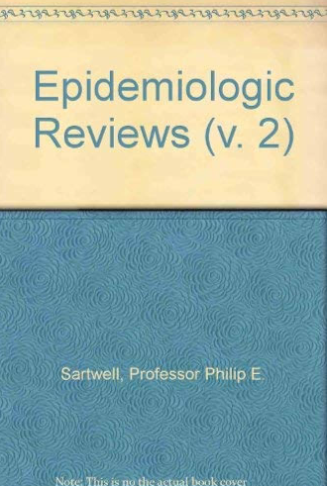CEPI:推动流行病防范和应对取得进展
IF 3.8
2区 医学
Q1 PUBLIC, ENVIRONMENTAL & OCCUPATIONAL HEALTH
引用次数: 59
摘要
摘要流行病防范创新联盟(CEPI)成立于2014-2015年西非埃博拉疫情爆发后,旨在支持疫苗的开发,以提高世界对流行病爆发的防范能力。自2017年启动以来,CEPI已筹集了超过7.5亿美元,用于支持其开发针对拉沙病毒、中东呼吸综合征冠状病毒和尼帕病毒等病原体的疫苗的任务,以及几个快速反应疫苗平台,以加快对意外流行病威胁的反应时间。CEPI还在促进公共和私营部门组织之间的机构伙伴关系方面发挥了主导作用,以优化针对其优先病原体的疫苗开发资源分配。CEPI的优先事项包括使其目前的疫苗研发投资组合多样化,以包括其他病原体,如裂谷热和基孔肯雅病;在CEPI的投资组合中建立疫苗开发的技术和监管途径;为即将完成人体安全性和免疫原性测试的候选疫苗开发可持续生产解决方案;以及建立用于紧急情况的候选疫苗的研究库存。本评论概述了CEPI旨在应对的全球卫生挑战及其迄今取得的成就,并指出了未来几年的资金和协调优先事项。本文章由计算机程序翻译,如有差异,请以英文原文为准。
CEPI: Driving Progress Toward Epidemic Preparedness and Response
Abstract The Coalition for Epidemic Preparedness Innovations (CEPI) was formed in the aftermath of the 2014–2015 Ebola outbreak in west Africa to support the development of vaccines that could improve the world’s preparedness against outbreaks of epidemic infectious diseases. Since its launch in 2017, CEPI has mobilized more than US$750 million to support its mission to develop vaccines against agents such as Lassa virus, Middle East respiratory syndrome coronavirus, and Nipah virus, as well as several rapid-response vaccine platforms to accelerate response times to unexpected epidemic threats. CEPI has also played a leading role in fostering institutional partnerships between public- and private-sector organizations to optimize allocation of resources for vaccine development against its priority pathogens. CEPI’s priorities include diversification of its current vaccine research and development investment portfolio to include additional pathogens, such as Rift Valley fever and chikungunya; establishment of technical and regulatory pathways for vaccine development across CEPI’s portfolio; development of sustainable manufacturing solutions for vaccine candidates nearing completion of safety and immunogenicity testing in humans; and creation of investigational stockpiles of its vaccine candidates for use in emergency situations. This commentary provides an overview of the global health challenges CEPI was established to address and its achievements to date, and indicates priorities for funding and coordination in the coming years.
求助全文
通过发布文献求助,成功后即可免费获取论文全文。
去求助
来源期刊

Epidemiologic Reviews
医学-公共卫生、环境卫生与职业卫生
CiteScore
8.10
自引率
0.00%
发文量
10
期刊介绍:
Epidemiologic Reviews is a leading review journal in public health. Published once a year, issues collect review articles on a particular subject. Recent issues have focused on The Obesity Epidemic, Epidemiologic Research on Health Disparities, and Epidemiologic Approaches to Global Health.
 求助内容:
求助内容: 应助结果提醒方式:
应助结果提醒方式:


